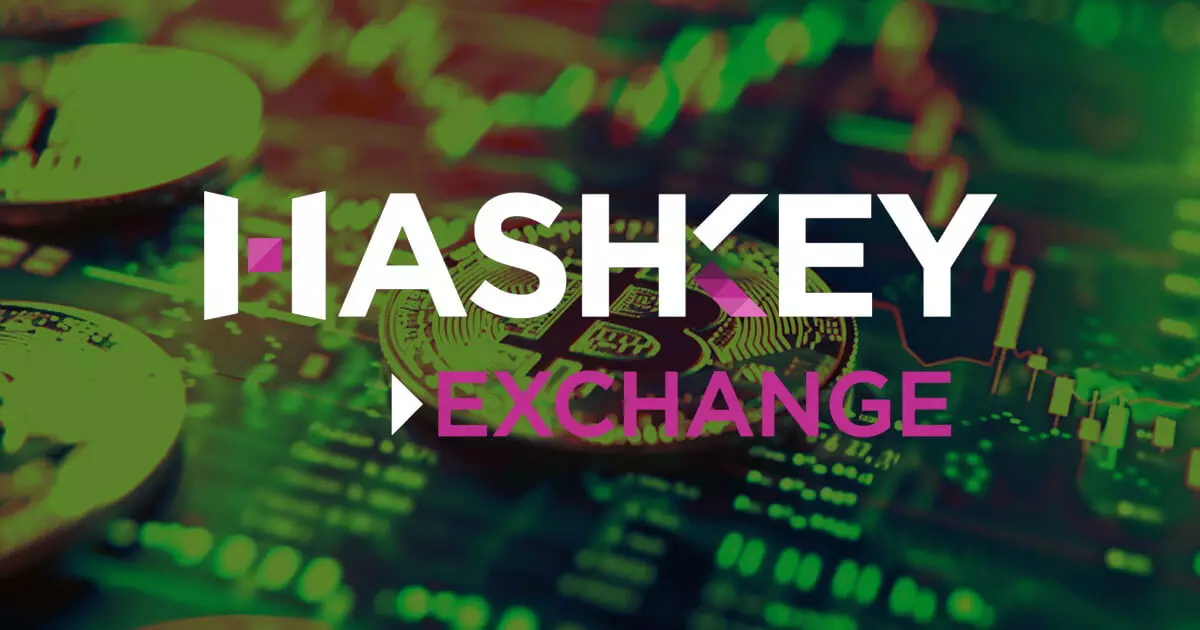Recently, crypto exchange HashKey announced that it would be ending support for Binance-related transactions in the coming month. The Hong Kong-based platform cited a change in policy as the reason for this decision. Specifically, HashKey mentioned that it would restrict deposits from Binance starting May 10 and cease support for virtual asset withdrawals to Binance-hosted wallet addresses by May 17. However, transactions to whitelisted unhosted wallet addresses will not be affected by this change.
For users who frequently engage in transactions involving Binance, this move by HashKey could have significant implications. The restriction on deposits and withdrawals to Binance could disrupt trading patterns and require users to find alternative platforms for their transactions. The need to switch to a different exchange may lead to additional fees, longer processing times, and potential security concerns for users.
HashKey Exchange is known for serving both institutional and retail investors and is one of the few licensed exchanges in Hong Kong. This decision to end support for Binance transactions comes amidst broader regulatory challenges for Binance across various jurisdictions. With ongoing legal issues in Hong Kong and Nigeria, Binance is facing increasing pressure to comply with regulatory requirements. In contrast, HashKey has recently made strides in its regulatory journey, receiving approval for a spot Bitcoin exchange-traded fund (ETF) and expanding its services globally.
The decision by HashKey to distance itself from Binance could signal a shift in the dynamics of the cryptocurrency exchange industry. As regulatory scrutiny intensifies, exchanges are being forced to reevaluate their relationships with other platforms and adopt a more compliance-focused approach. This trend towards enhanced regulation could lead to more exchanges following HashKey’s lead and imposing restrictions on transactions with certain counterparties.
HashKey’s decision to end support for Binance-related transactions highlights the evolving regulatory landscape in the cryptocurrency industry. As exchanges navigate increasing legal challenges and regulatory demands, users may experience disruptions in their trading activities. Moving forward, it will be essential for both exchanges and users to adapt to these changes and ensure compliance with prevailing regulations to maintain the integrity of the cryptocurrency market.


Leave a Reply